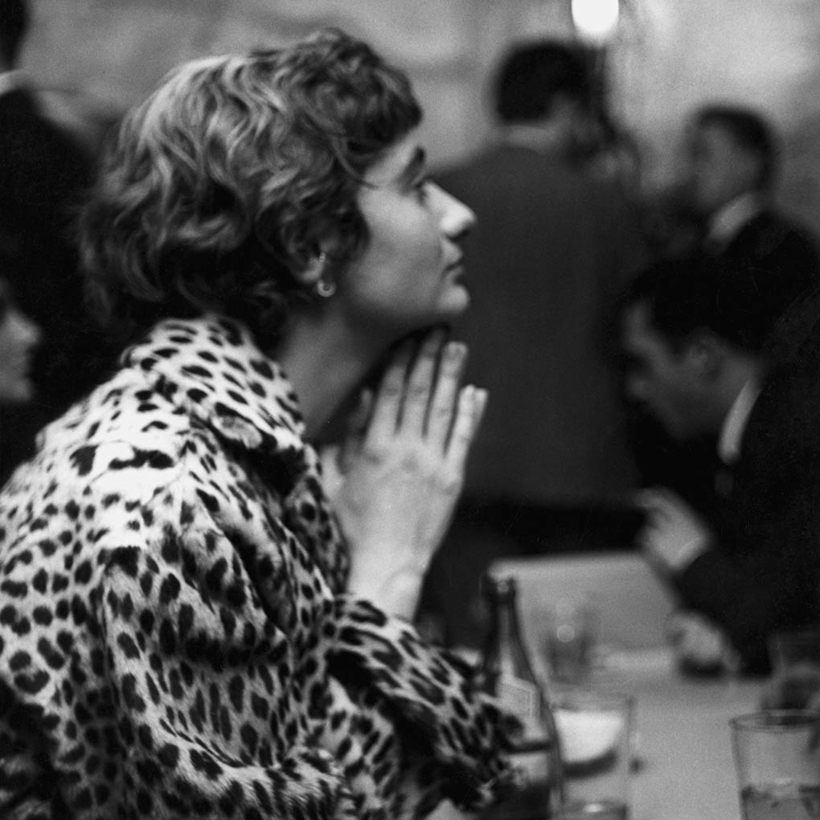There’s a popular publishing genre that has French authors tell les rosbifs where we’re going wrong. French Children Don’t Throw Food, French Women Don’t Get Fat, French Women Don’t Get Facelifts, French Women Are Eyeing Up Your Husband Even Now … Whenever a slender Parisian intones: “Il faut souffrir pour être belle” (“one must suffer to be beautiful”), I want to say: “Faut off.”
What cultural cringe, what sense of national inadequacy makes us buy these books? The Relay bookshop next to the Eurostar terminal in the Gare du Nord was always full of them. In distant mini-break days, you could buy a copy of How to Be Parisian to take home on the train. One day I’ll write a book called Mustn’t Grumble: The British Art of Not Making a Fuss. Proposed chapters: “Never mind, it could be worse”, “No, please, after you” and “Cheer up, love, it might never happen”. I don’t suppose the French would buy it.

